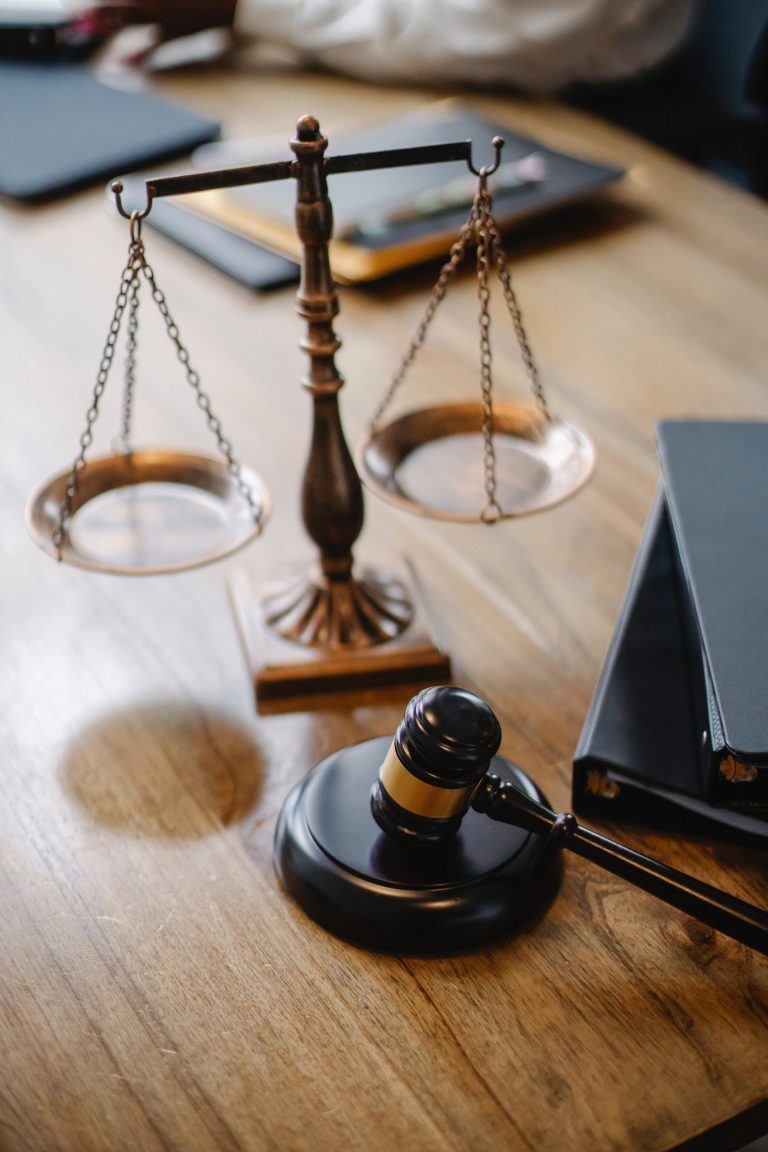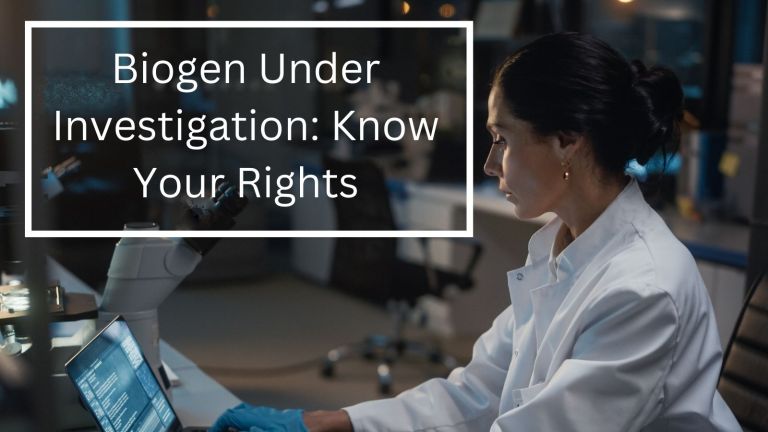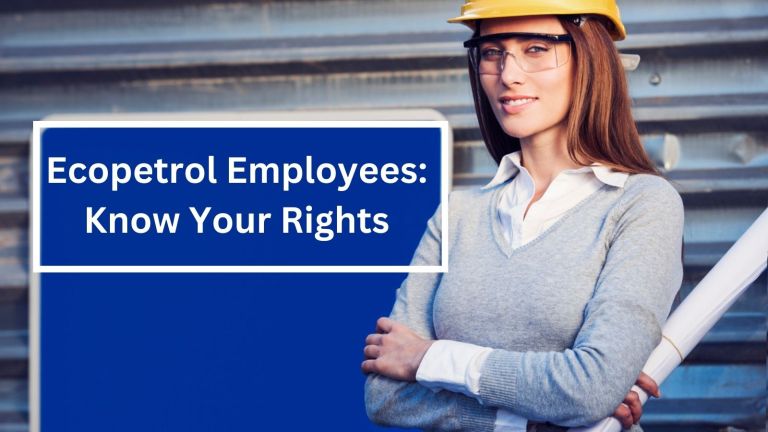Article by Managing Attorney, John Peterson
If you work at a company that sells products or services outside the U.S., you may have heard of the Foreign Corrupt Practices Act (FCPA). The FCPA is a law that prohibits paying bribes to foreign government officials (to learn more about FCPA violations read our guide here).
If you know of an FCPA violation, or saw something at work that you think might be an FCPA violation, you might be considering becoming an FCPA whistleblower. An FCPA whistleblower is someone who reports FCPA violations to the appropriate authorities. FCPA whistleblowers can be anonymous, and in this article, we’ll explain the five simple steps to becoming an FCPA whistleblower. The steps are:
- Preserving evidence
- Speak to an attorney
- Reporting to the Securities and Exchange Commission (SEC)
- Reporting to the Department of Justice (DOJ)
- Consider reporting to your employer
1. Preserve Evidence
The difference between successful and unsuccessful whistleblowers often comes down to evidence. This means having the documents, emails, text messages or proof that the violation occurred. Even if you know all the details of an FCPA violation, it will be difficult for authorities to open an investigation without any evidence of the FCPA violation beyond your word. Most people who witness FCPA violations do so at work, and that means the evidence is on a work computer, on a work email server or in the hands of their employer. Even if you report the violation to your employer, there is no guarantee that any of this evidence will be preserved or that you will continue to have access to it indefinitely. As a result, you should take steps to preserve the evidence so that you can provide it to regulators.
Importantly, taking or copying company documents, emails or files could put you in breach of your employment agreement and may put you at risk of being sanctioned for breaching the policies. This is why it is essential that you speak to an experienced attorney, which we cover in step #2.
2. Get An Attorney
If you are thinking of reporting an FCPA violation it’s critical that you speak to an FCPA attorney first. Speaking to an attorney is easier than you think and won’t cost you anything if you do it right. While experienced FCPA attorneys are rare, the award-winning team at FBR should be your first stop. They have a team almost a decade’s worth of experience, offer free consultations, provide an online evaluation, and if they agree to take your case, they work on a contingency fee, which means you don’t pay them anything unless you obtain a whistleblower award.
Even if you’re not sure you want to become a whistleblower, it’s important that you speak to an attorney so have enough information to make an informed decision. This includes questions about what your legal rights are, how they can be affected by what you do, and of course, what is likely to happen if you become a whistleblower. An experienced FCPA attorney will be able to guide you through the whistleblower process and help you protect yourself whether you choose to report or not.
3. Reporting to the SEC
Once you have spoken to an attorney and are comfortable becoming an FCPA whistleblower, the first thing you should do is discuss reporting to the SEC. Reporting to the SEC has several benefits for FCPA whistleblowers. First, the SEC allows you to report FCPA violations anonymously through your attorney, meaning that you never have to give your name to the SEC and your attorney takes care of all the work. Second, reporting to the SEC can make you eligible for whistleblower protections that ensure if your employer ever retaliates against you, you can take legal action against them.
The SEC also operates an enormously successful whistleblower rewards program. This program allows whistleblowers to claim up to 30% of any fine the SEC recovers as a result of your information. This means that if your information leads to a $10 million fine, you could receive a whistleblower award of up to $3 million. Whether you qualify for the SEC whistleblower award is a question you will have to discuss with your attorney, but you can use this online evaluation to start checking your eligibility.
4. Reporting to the DOJ
If you’ve decided to report to the SEC, it’s almost certainly a good idea to report to the DOJ. The DOJ has a long history of taking enforcement actions against companies who violate the FCPA. In addition, the DOJ has certain powers that allow it to obtain documents and evidence from foreign countries that the SEC does not have. This is an important attribute given that almost all FCPA violations involve conduct outside the U.S. While the DOJ does not have a whistleblower rewards program, reporting violations to the DOJ may qualify you for whistleblower protections. In addition, if the DOJ and SEC both fine a company as a result of your information, you can claim a whistleblower award on both amounts from the SEC. Like reporting to the SEC, the decision to blow the whistle to the DOJ should only be done in consultation with your attorney.
5. Reporting Internally
Reporting FCPA violations internally at a company can be a precarious decision. Not only can it negatively affect your legal rights, it could also expose you to harassment, retaliation or worse. Even if a company advertises an anonymous compliance hotline, many investigators can figure out of the identity of the whistleblower. Just because you don’t provide your name or email address doesn’t mean internal investigators won’t be able to narrow down the field of who could have reported and put the spotlight on you. Very few companies have a good record of protecting whistleblowers and for most whistleblowers the best decision is to report anonymously to the authorities before approaching the company.

















